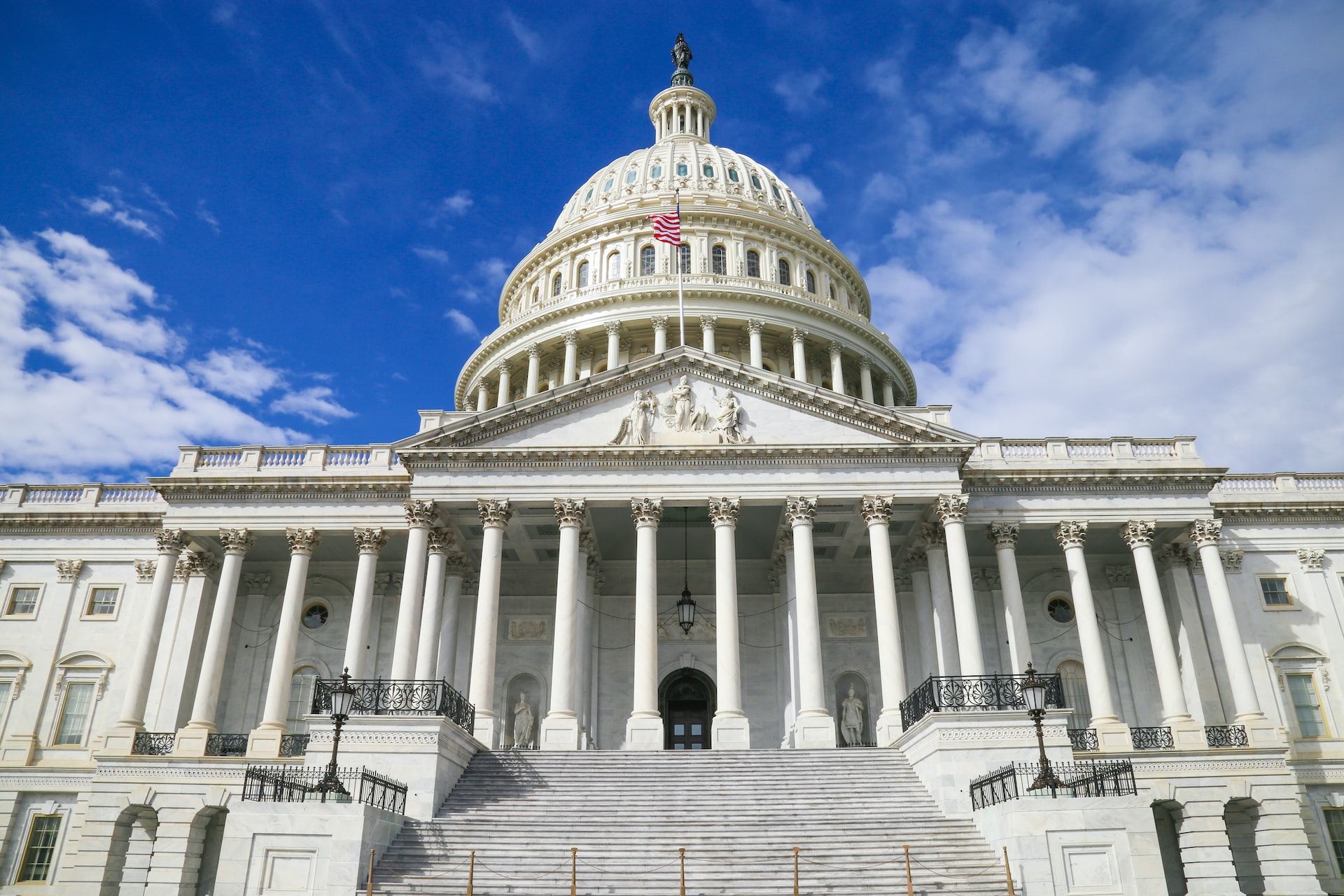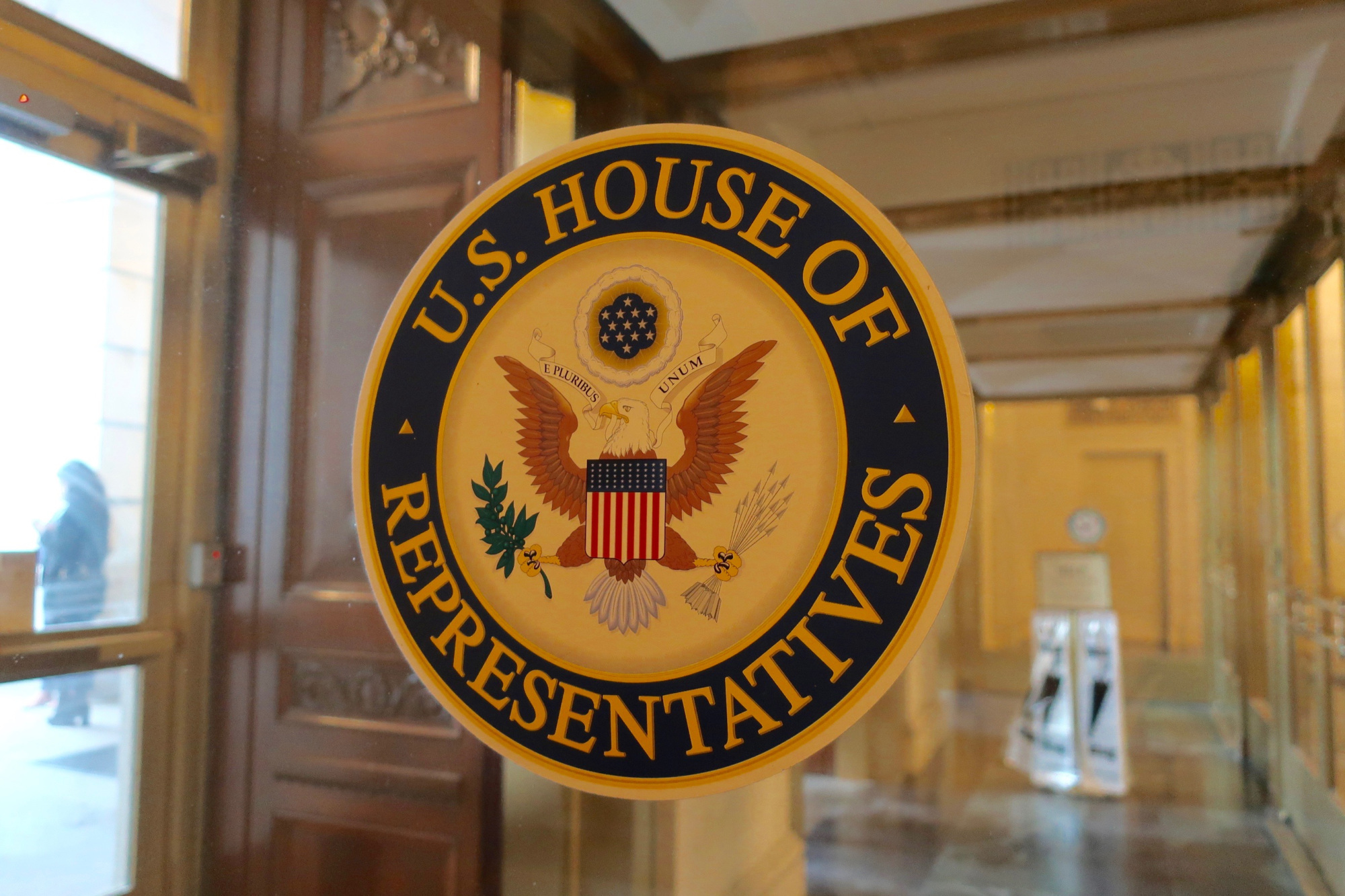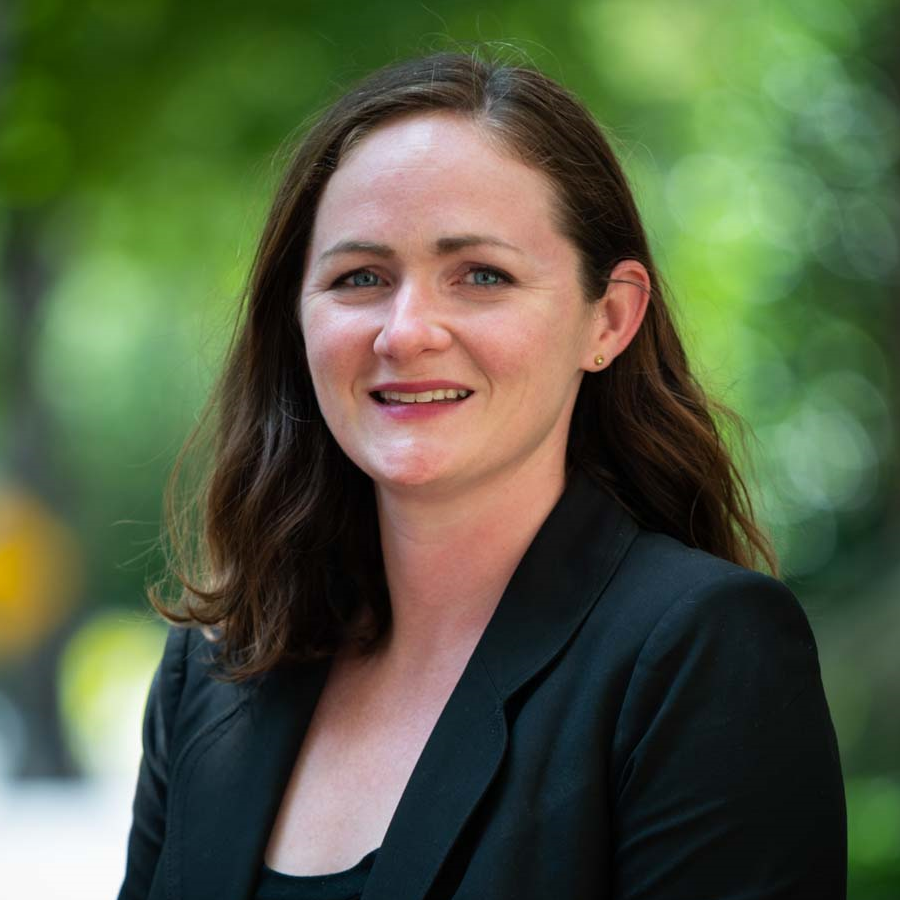We Need Your Advocacy to #SaveMedicaid
Federal Medicaid funding is on the chopping block, with potentially disastrous outcomes. Lend your voice today to ensure Congress does everything it can to protect Medicaid services.
Take Action Now
Capitol Correspondence - 11.02.21
The Build Back Better Act: $150 Billion for Medicaid HCBS Funding and Other Important Programs

Share this page
Stay Informed on the Latest Research & Analysis from ANCOR
More News
Capitol Correspondence - 05.20.25
House Energy & Commerce Committee Advances GOP Budget Bill with Sweeping Medicaid Reforms

Capitol Correspondence - 05.20.25
HEADs UP Act Reintroduced to Designate People with I/DD as a Medically Underserved Population
Capitol Correspondence - 05.20.25

